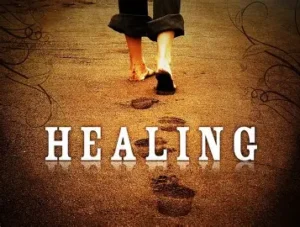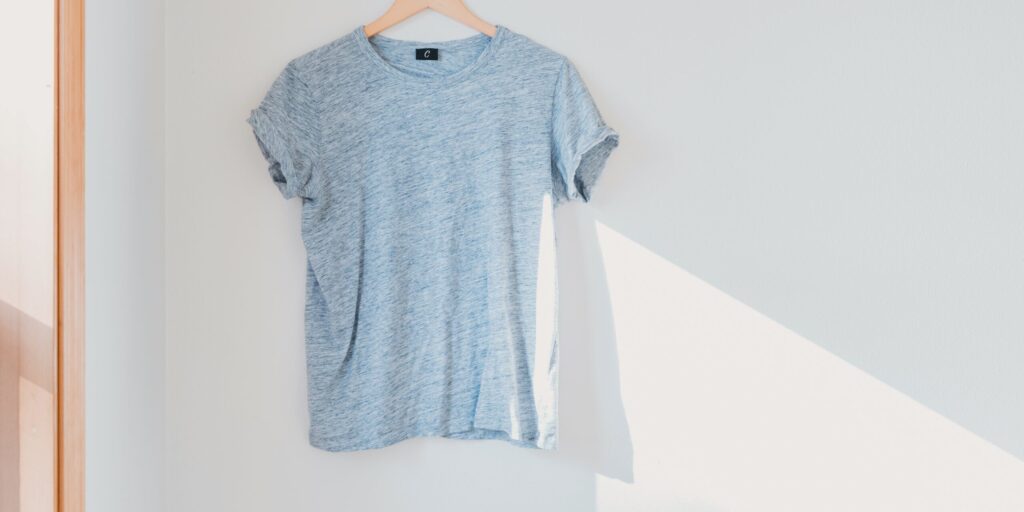Read time 5 minutes
Archith’s Note:
I’m pleased to introduce Viktor, a writer from Sweden who lives with Epilepsy. In his heartfelt article, “5 Surprising Ways Comfort Became My Best Medicine,” Viktor shares how something as simple as choosing comfortable clothing has become a powerful part of his healing journey.
Through his story, he beautifully illustrates how the right clothes can do more than ease the body. They can nurture mental well‑being, reduce stress, and create a sense of everyday relief. His reflections remind us that comfort isn’t a luxury; it can be a form of medicine, offering both health benefits and emotional strength.

Sometimes life teaches you the most powerful lessons in the subtlest ways. For me, it wasn’t a major announcement or an epiphany that changed everything; it was my jeans.
Yes, that pair of denim I once loved became a symbol of what I had to unlearn and transform about my healing journey.
This is not just a blog. It’s an open window into how even everyday choices, like what we wear, can shape our health.
And why loosening up, quite literally, improved my health
The Night That Changed Everything
It started like any other evening. I took a short walk around the neighborhood, hoping to relax my nerves. But what followed was anything but ordinary.
Fatigue crept in like a fog. My legs stiffened. Pain exploded across my lower back, spreading like fire. I collapsed, unable to stand, gripped by intense leg cramps and spasms. That walk drained me completely, physically and emotionally.
That terrifying episode ushered me into days of tests, scans, and hospital corridors. Eventually, doctors diagnosed me with Epilepsy. It is a brain condition that causes repeated seizures because of sudden bursts of abnormal electrical activity in the brain.
What the Hospital Gown Taught Me About Healing
I still remember the bittersweet feeling of my last hospital day. I was eager to shed the gown and slip into my trusted jeans, a pair that had seen many memories. But when my neurologist walked in, he didn’t focus on my recovery or test results.
He looked at my jeans and said, almost jokingly, “You’re looking fashionably unwell.”
That comment stuck with me. It wasn’t about fashion; it was a warning. During our next appointment, we discussed in depth how tight clothing, particularly around the waist and thighs, could aggravate my condition. My fitted jeans were very uncomfortable; they were also compressing my sciatic nerve.
Symptoms Triggered by Tight Clothing
Here’s a closer look at the real toll tight-fitting clothes took on my body:
- Nerve irritation: Especially affecting my sciatic nerve
- Varicose vein enlargement: Leading to pooling of blood
- Muscle compression: Resulting in burning, and numbness
- Back pressure: Aggravated by waist-tight clothing
- Digestive disturbances: Due to abdominal constriction
- Poor blood circulation: Causing fatigue and soreness
- Heightened symptoms: Including nerve hypersensitivity
Long-term consequences could have been even more serious. It could have ranged from worsening neurological issues to impaired spinal function and compromised immune response.
Making the Switch: Clothing as a Form of Therapy
Ignoring medical advice wasn’t an option for me. So, I turned my wardrobe into a wellness toolkit.
- I replaced tight jeans with loose trousers and pajamas
- Gave up waist belts to avoid abdominal pressure
- Opted for breathable fabrics like cotton and linen
- Skipped synthetic materials that irritated my skin
- Prioritized ease of movement over trends
The results weren’t just physical; they were emotional and psychological. I felt lighter. My blood circulation improved, and energy levels went up. I also experienced reduced pain and discomfort. For the first time in weeks, I felt more like myself.
Confidence Through Comfort
It’s amazing how the clothes we wear affect how we feel. For me, uncomfortable outfits heightened my anxiety and unease. I felt trapped, not just physically, but emotionally.
But in relaxed clothing, I felt free to breathe, stretch, bend, and simply exist. My confidence returned gradually. I no longer avoided long walks or social settings because I wasn’t afraid of sudden pain or stiffness.
Comfort didn’t cure me, but it created room for healing.
Rethinking Fashion: Style That Honors Wellness
Modern fashion is often designed for aesthetics, not anatomy. The rise of skinny jeans, shapewear, and tight belts ignores the truth that our bodies need room to move and breathe.
We’re constantly influenced by trends, influencers, and fast fashion that rarely prioritize comfort. But what if we reversed that?
Here’s what I learned:
- Comfort Benefit
- Health Impact
- Looser clothes
- Eases nerve pressure and muscle tension
- Natural fabrics
- Reduces skin irritation and rashes
- Proper fit (not tight)
- Improves digestion, circulation, and posture
- Avoiding belts
- Relieves abdominal pressure, lower back strain
- Prioritizing movement
- Prevents cramps and enhances energy levels
- Fashion doesn’t have to be rigid. True style comes from authenticity and self-awareness. You don’t have to sacrifice health for appearance.
A New Philosophy: Healing Begins with Everyday Choices
One of the most profound changes in my life didn’t come from medication; it came from a mindset shift. I stopped asking, “Does this outfit look good?” and started asking, “Does this outfit feel good?”
Clothing is a layer of expression, but it should also be a layer of care. When chosen wisely, it acts like a second skin that nurtures, supports, and protects. Loose-fitting clothes became my armor, not against external harm, but against my internal battle.
Final Thoughts: Loosen to Listen to Your Body
The journey with Epilepsy and other coexisting conditions has been anything but easy. But every setback taught me something new. And one of the most surprising lessons was about clothes.
Healing is not always grand. Sometimes it’s found in small adjustments; in fabric that lets you move and in choices that prioritize well-being over appearance.
So I ask you lovingly: Have you loosened up yet? Not just in clothes, but in life. Have you allowed yourself space to breathe, to heal, to rest?
Because sometimes, freedom begins with fabric.
DISCLAIMER
The experiences shared above are personal and should not be considered medical advice. Always consult a healthcare provider for treatment-related decisions.


